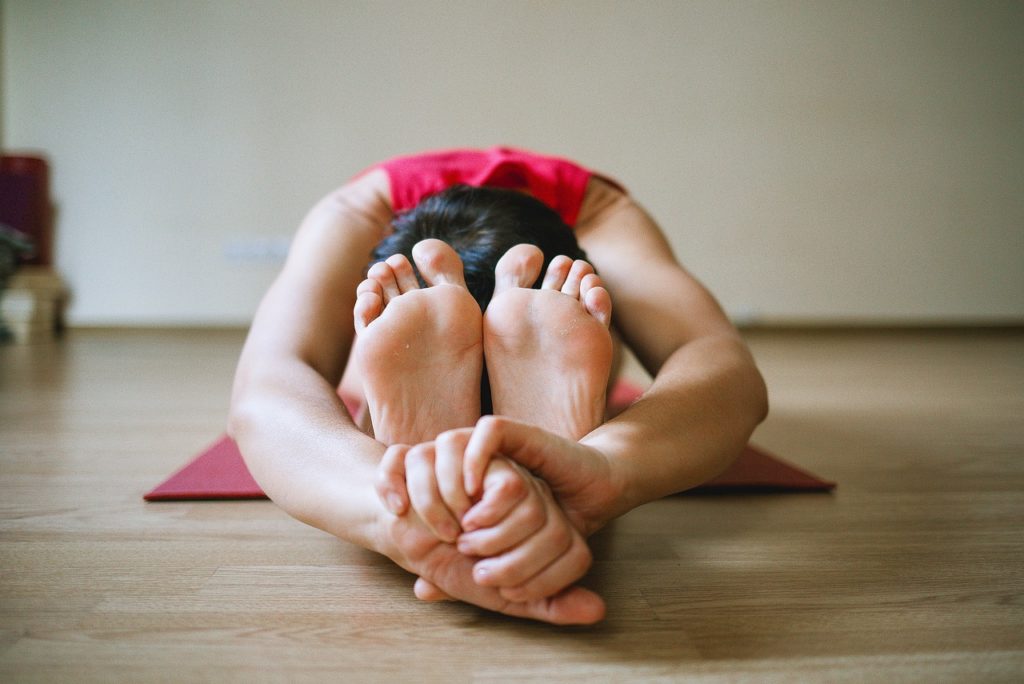
Corporate Cup, lunchtime yoga, or even ‘walk and talks’—organizations come up with various wellness initiatives to encourage workplace activity. New research shows that just 15 minutes and a touch of gamification can lead to success in this area.
Results from a study involving 11,575 participants from 73 Australian, New Zealand, and UK companies revealed that a gamified workplace wellness program called the 15 Minute Challenge* led to significant increases in physical activity levels. In fact, 95% of participants either met (36%) or exceeded (59%) the physical activity guidelines.
In addition, participants saw an average increase in daily physical activity of 12 minutes per day (85 minutes per week) during the six-week challenge, with a median daily exercise duration of 45 minutes.
Participants also reported improvements in fitness (14%), energy (12%), overall health (8%), sleep quality (8%), and mood (7.1%).
The World Health Organization (WHO) recommends that adults aged 18-64 engage in at least 150–300 minutes of moderate-intensity aerobic physical activity, or at least 75–150 minutes of vigorous-intensity aerobic physical activity each week. In Australia, 37% of adults and 83% of teenagers do not meet these recommended levels of physical activity.
Lead researcher, Dr. Ben Singh from UniSA, states that the 15 Minute Challenge is an effective way to enhance employee health and wellbeing in the workplace.
“Engaging in regular physical activity offers substantial physical and mental health benefits. It plays a crucial role in preventing and managing chronic diseases like cardiovascular disease, type 2 diabetes, and cancer. Additionally, it can reduce symptoms of depression and anxiety,” stated Dr. Singh.
Yet nearly half of Australian adults fail to meet recommended activity levels.
Workplaces are ideal for promoting physical activity, as most adults spend their waking hours there.
“In this study, we demonstrated that just 15 minutes of physical activity per day can significantly improve people’s health and well-being. Although the program only mandated 15 minutes of activity, most participants chose to do more.”
“The 15-minute goal serves as an achievable starting point, especially for sedentary individuals. It reduces barriers to entry and helps establish the habit of regular exercise.”
“Ultimately, the 15-minute period serves as a catalyst for increased physical activity, leading many participants to surpass the minimum goal and move closer to or exceed national recommendations.”
UniSA’s Professor Carol Maher, a co-researcher, attributes the program’s success to its gamification and social aspects.
“Encouraging and holding your team members accountable through friendly competition is at the core of the 15 Minute Challenge app and is a crucial motivator for participants to remain dedicated and connected,” Prof Maher explains.
The program promotes team collaboration, tracks rankings, and displays cumulative exercise. Achievements are clearly noted and successes are celebrated, making it a tool that engages people to work together and have fun.
“What we need to remember, however, is that addressing inactivity is everyone’s responsibility. So, if an employer can initiate an effective, enjoyable, and cost-effective option to support their employees, it’s a win-win.”
“Employees who are physically active tend to be happier and healthier. They are more productive, satisfied, and less stressed, and are also less likely to get sick. It is important for employers to consider sustainable and scalable health initiatives, such as the 15 Minute Challenge, to support their employees’ well-being.”